The frozen food market is a consistently changing one. Rising demand in past years was attributed to the global shifting consumer dietary preference in the face of a hectic and busy life. The demand for ready-to-eat food products that require the least preparation, cooking time and skill as well as offering a higher shelf life was a key driving factor for the market.
In response, manufacturers diversified their offerings, forecasting the demand for frozen items such as frozen potatoes, ready meals, meat, fish products and etc. However, the sudden onset of the coronavirus pandemic has seen a further surge of demand for frozen food, due to the very nature of its long shelf life and nutrition preservation. Expecting that the current demand for freshly frozen food products will continue to develop globally, many businesses, both large and small, are coming to understand the importance and benefits of blast freezing.
What is Blast Freezing?
Blast freezing is a method of cooling food quickly to low temperatures in order to freeze the product as quickly as possible. The frozen food industry commonly uses blast freezing for food products like ice cream, pre-prepared meals, vegetables, meat and fish. Many commercial kitchens blast freeze their foods in order to retain as many nutrients as possible, and to ensure the food is as fresh and flavorful as it can be.
Bacterial Protection and Control
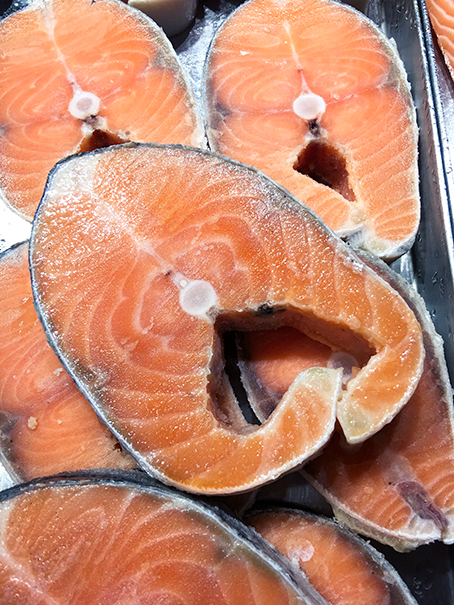
One of the key challenges in the food industry has always been the effective control or elimination of bacterial activity. Meat, fish and poultry can all harbor considerable amounts of bacteria, such as Escherichia coli and Salmonella in their fresh, raw form. Left in unfavorable conditions, bacteria will multiply quickly, contaminating the foods and potentially causing debilitating sickness if consumed. However, bacteria can be controlled and destroyed if the correct freezing and cooking methods are used.
When the temperature is lowered below freezing point, the growth of microorganisms decreases rapidly. The reduction of the product temperature also reduces the free liquid water activity, thereby depriving microorganisms of the water they need to metabolise. As a guide, meat, fish and poultry should be stored at around -18°C (equivalent to 0 °F) or colder. At this temperature, bacteria cannot develop and you can be sure that your product is safe for consumers.
Nutritional Health
When you freeze food or other items, the water inside crystallises into ice. The longer the freezing process takes, the larger the ice crystals. Larger ice crystals damage materials by causing phenomena like cell bursting, which affects the quality and flavour of foods.
The extreme cold temperatures of a blast freezer promotes very rapid freezing, resulting in very small ice crystals. Additionally, once food has been frozen, it can be moved to a conventional freezer for long-term storage.
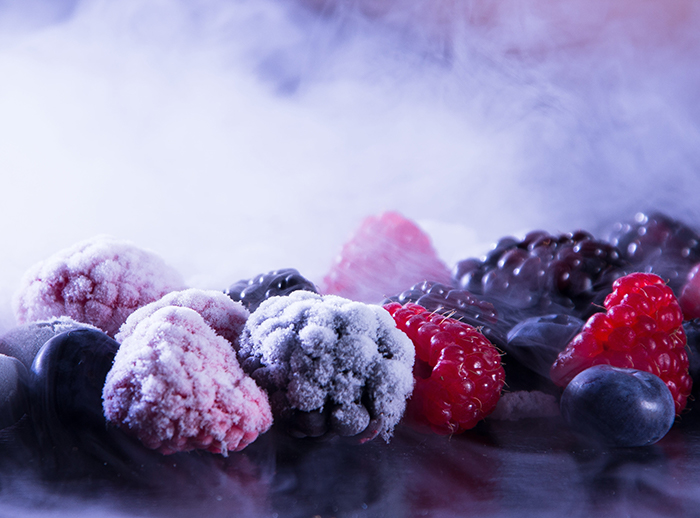
How do Blast Freezers Work?
Most blast freezers use blower fans to force cold air across the contents of the freezer in order to rapidly lower the temperature and freeze the food products. They can be equipped with trays that can be moved around and often include various compartments for freezing. The freezer can usually handle foods which are chilled, at room temperature, or hot, as long as it is not overloaded.
ETS Blast Freezers – 1st in Malaysia to reach -80°C
Beginning in 2018, we have developed a range of blast freezers with a temperature range of -10°C to -75°C. We have developed a number of models with different capacities to suit various requirements.
Our blast freezers come with standard features like intuitive touch control panels, visual and audible alarm alerts, easy to remove shelf supports for simple cleaning and maintenance, and stainless steel internal and external chambers.
In fact, our latest Forced-Air blast freezer unit can achieve a temperature range of -10°C to -80°C! It can reach a temperature of -60°C in just 25 minutes. Freezing a packet of curry chicken rice from an ambient temperature of +30°C down to -75°C takes only 122 minutes.
Believe us, we’ve also tried and tested with the King of Fruits, the durian!
Interested in our Blast Freezer range? Check them out here.
Want to purchase a Blast Freezer? Drop us a line.

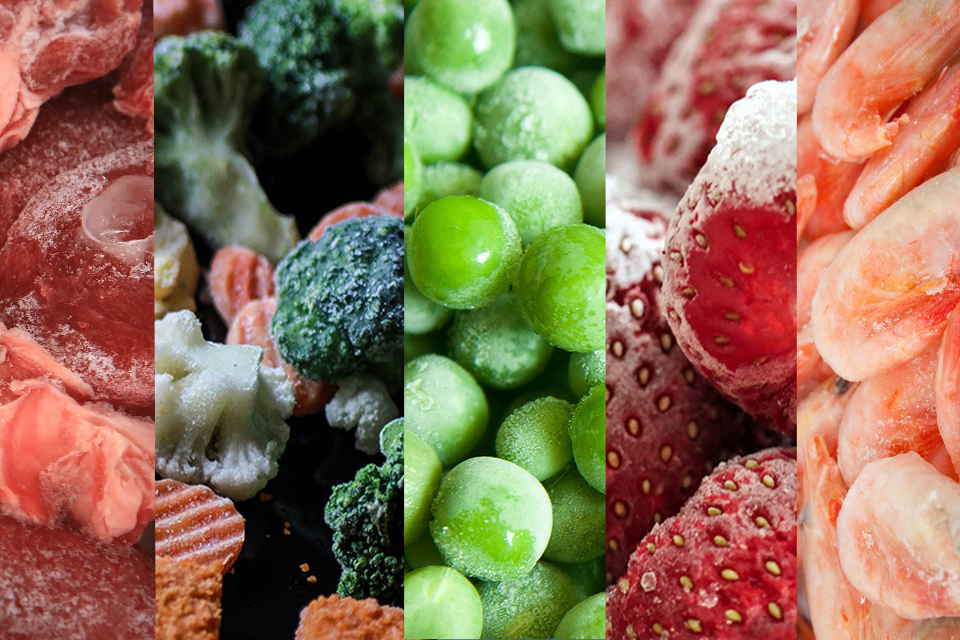
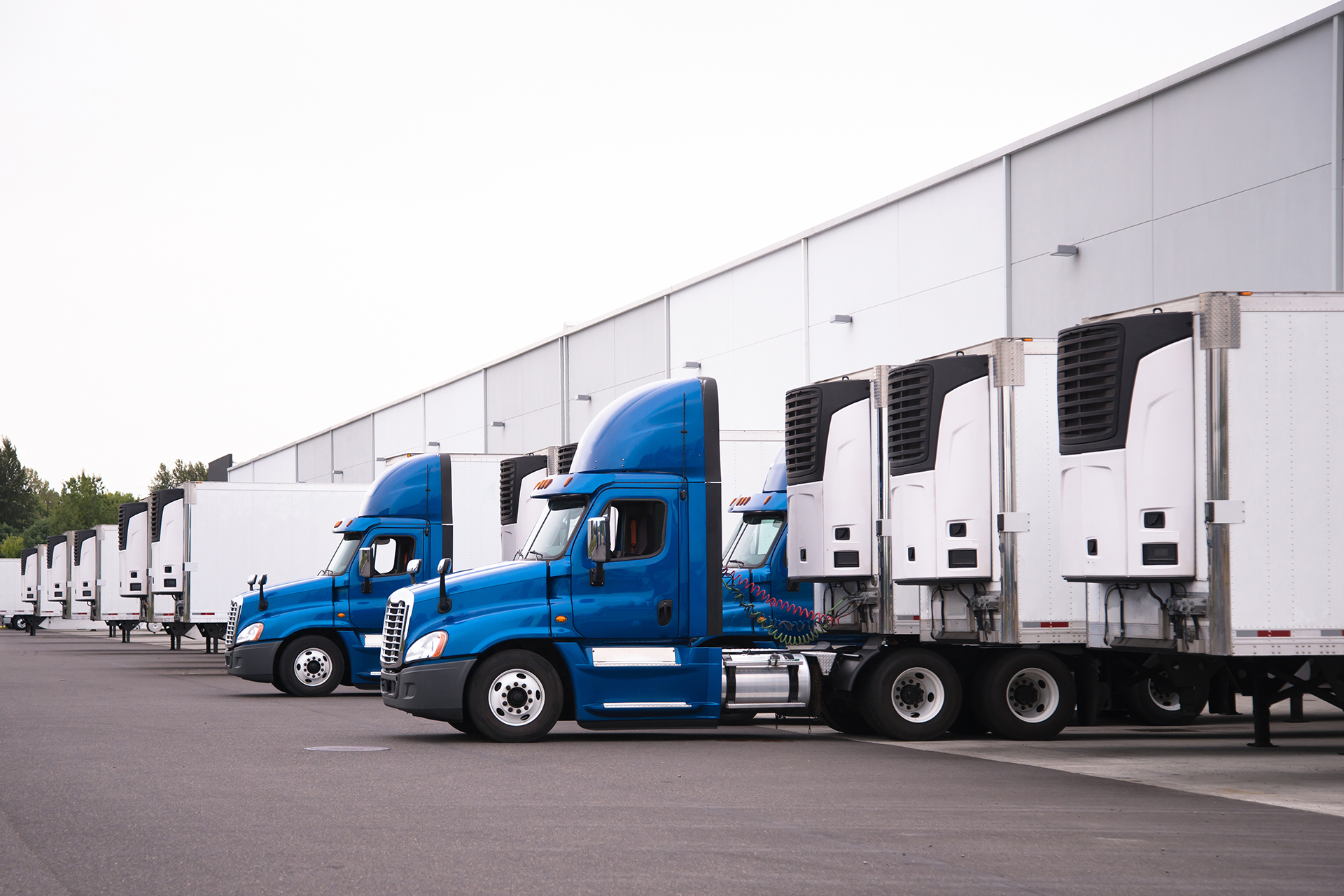
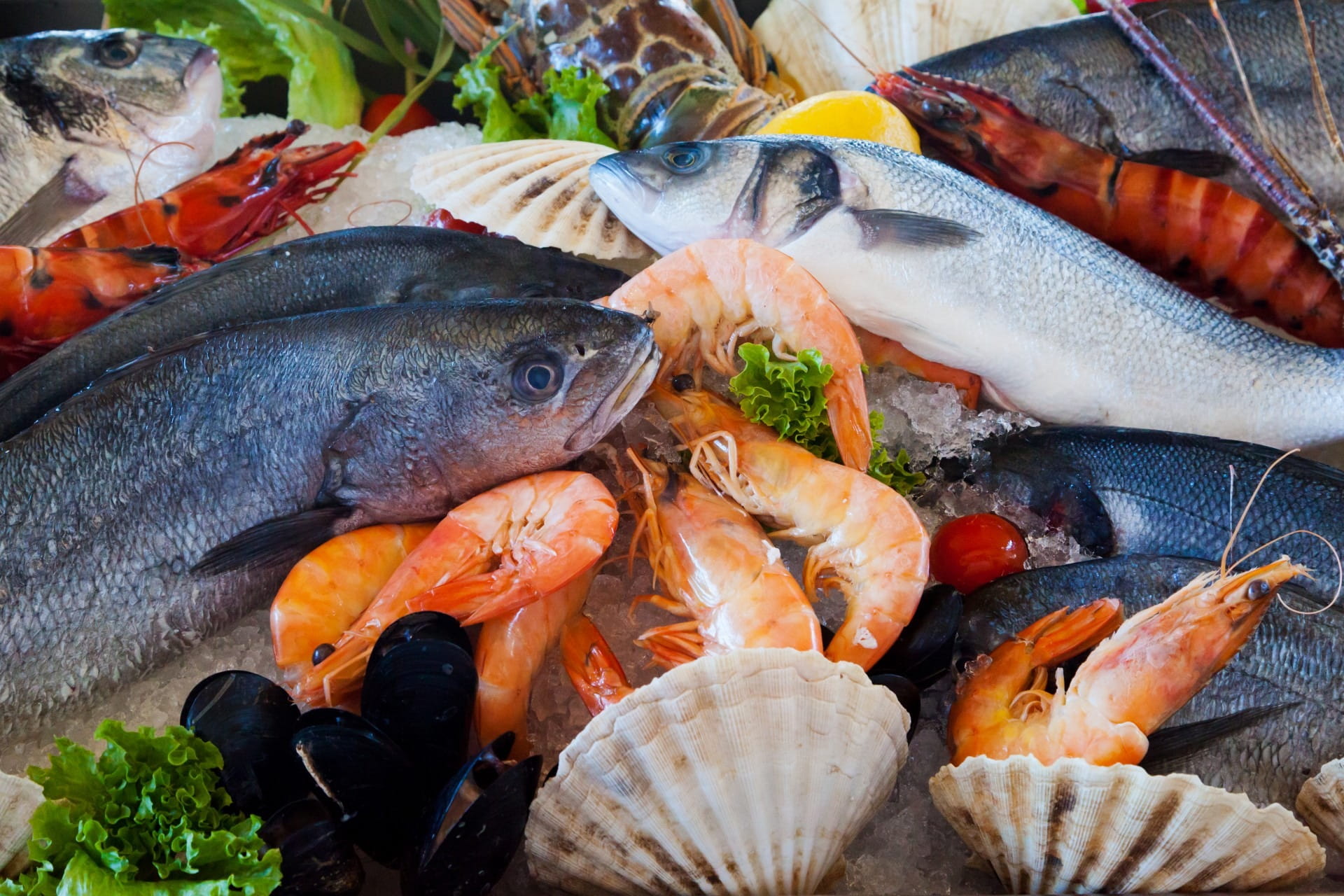
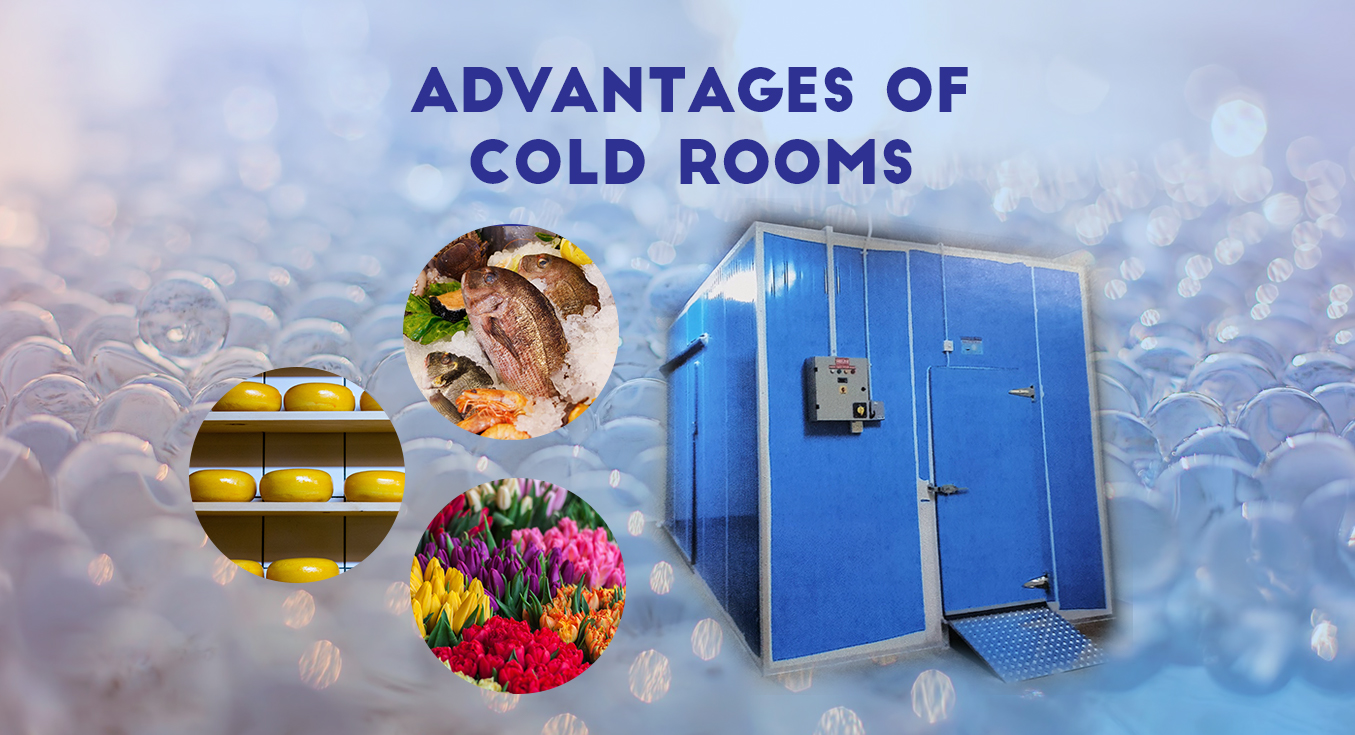
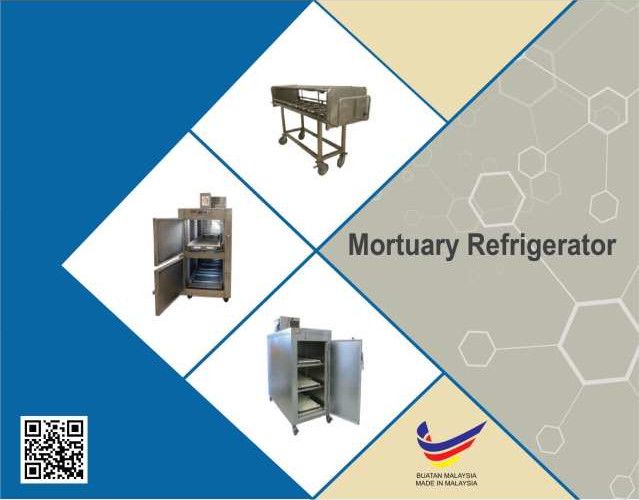

2 thoughts on “The Benefits of Blast Freezing”
Comments are closed.